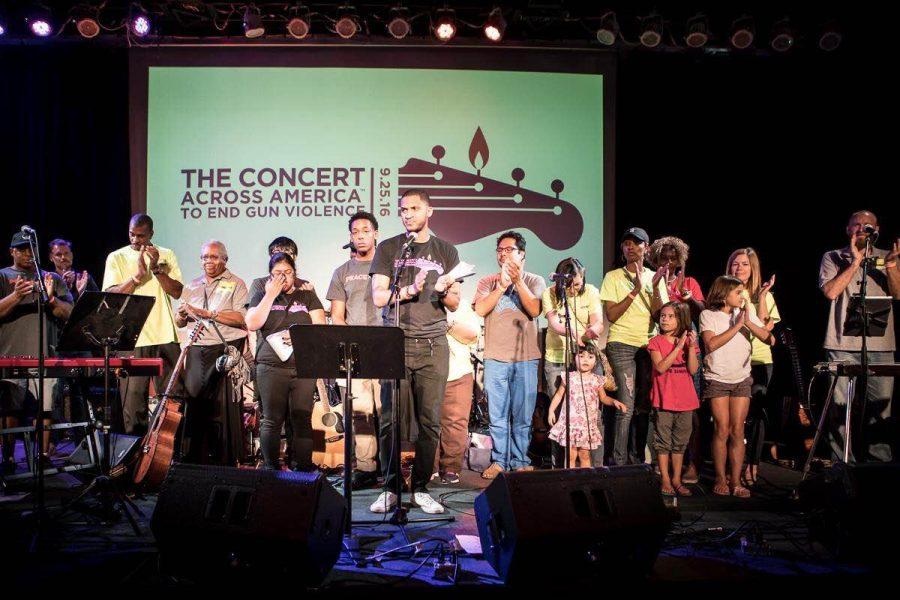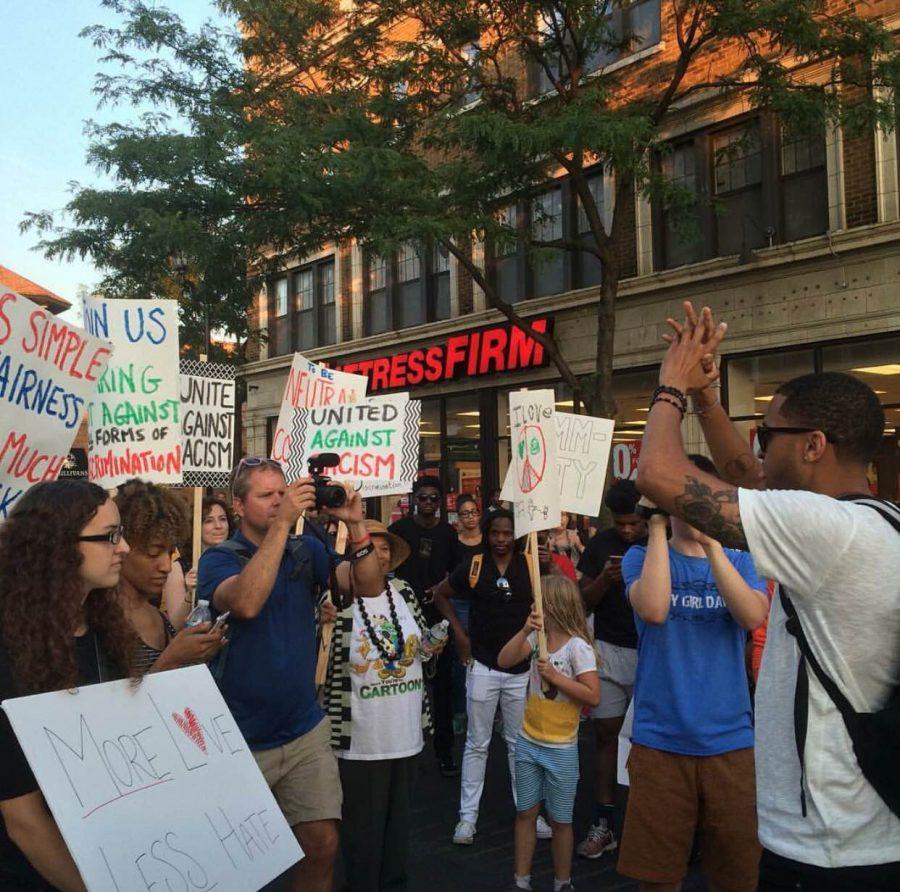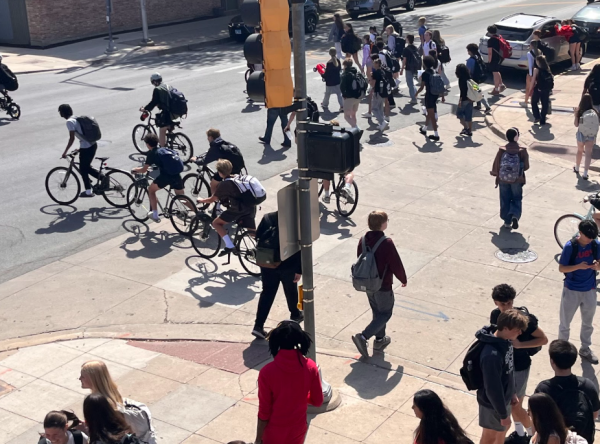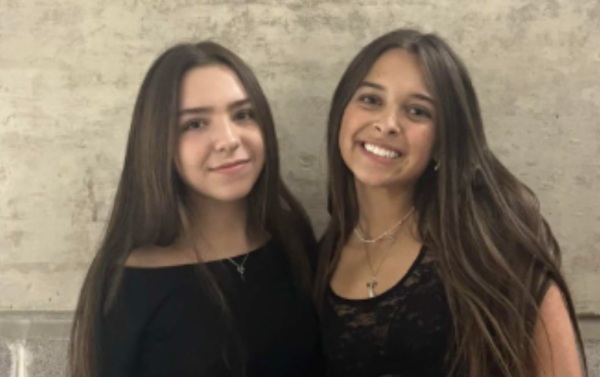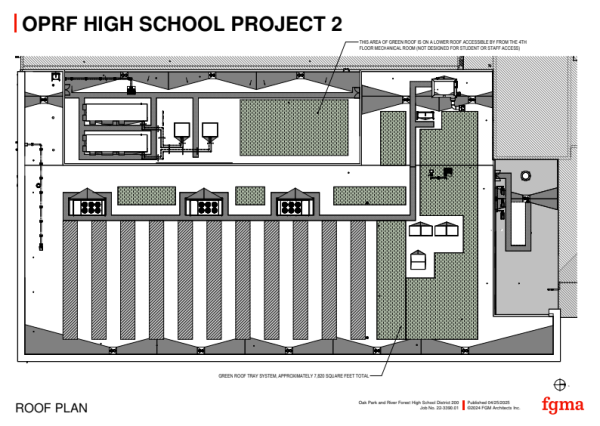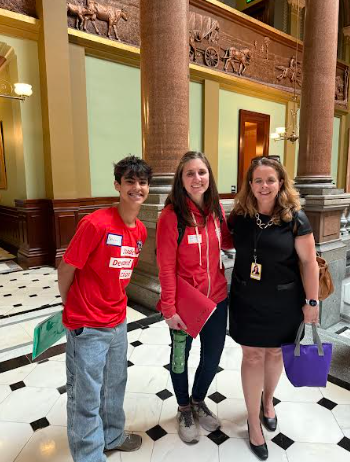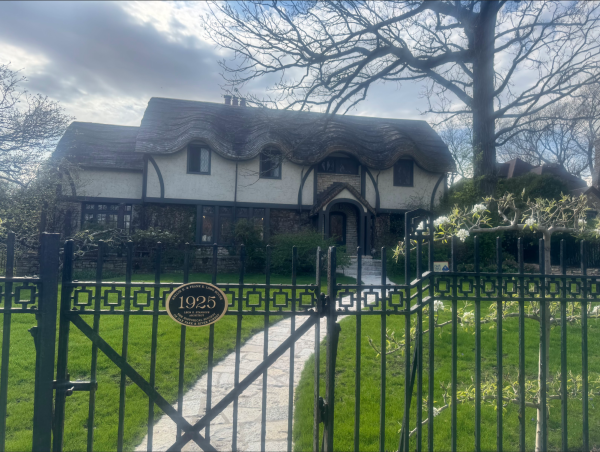Teacher Anthony Clark aims to make difference in OPRF community
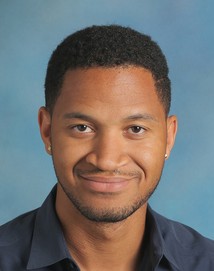
Sitting at his office desk, OPRF special education teacher Anthony Clark recalls an unpleasant but significant experience of his youth. “I remember I was 14 years old, [freestyle rapping] with my group of friends at Scoville Park. A couple of police officers came up to us and told us to break it up.”
Clark, confused, asked why, since they were doing no harm to anyone.
“I’ll never forget it- I was choked. One of the officers leaped at me, and I couldn’t breathe.” His friends were shocked, frozen as he cried and gasped for air.
The officer was ushered away and the teens were frantic. “We didn’t know who to go to. We kept thinking, ‘who do I tell?’,” said Clark. The question rang out unanswered into the night sky, as Clark said that “nobody really cared.”
Growing up in Oak Park, Clark struggled with his identity and finding his place in the community. “I felt like I didn’t really belong. I was in honors classes, but from what I can remember in the majority of (them), I was the only (black male,)” he said.
He was harassed by police, and did not have a lot of black men to look up to outside of his father.
Even though these were his daily struggles, Clark said he would not change them. “It forced me to (discover) who I was as a black male.”
Clark wanted to either be a teacher or work in the criminal justice system. He wanted to “give back to the community that raised (him).”
In 2009, he ended his six-year active duty in the military. He went through the Troops to Teachers program, which assists ex-military personnel become teachers at public schools. It helped him pay for classes he was taking while he was teaching.
He taught at schools in the Austin, Humboldt Park, and Hyde Park neighborhoods until four years ago, when he returned to Oak Park.
When Clark became a special education teacher, he almost immediately looked for other ways to serve OPRF students. “My first year here, I started the Hip Hop Club.”
He also started the Comedy Club “to provide each student with a multitude of options to express themselves,” said Clark.
He co-sponsors Operation SnowBall as well. Clark explains it “was an established club already under great direction that I felt I could add to with my background and experiences.”
“Clark founded the Hip-Hop and Comedy clubs to create more outlets for students,” said Paul Collins, the head wrestling coach and fellow special education teacher. “These clubs provide more time with students outside of ‘school time’ where both the student and teacher can really be themselves.”
Clark hopes to work with students and teachers to help everyone succeed. “I envision an educational environment where each and every student feels safe socially, emotionally, and academically,” Clark said. When students feel safe in an environment, they often open up and create bonds with teachers.
As Clark walks through the hallways, he is often surrounded by students laughing and joking with him.
You know he’s in a close vicinity when you hear a chorus of giddy greetings and sunny salutations.
When asked why he believes students act so warmly to him, Clark said it’s because “I’m one of them. I can provide them with sound advice because I’ve been through all of it.” He goes on to explain the hip-hop culture he grew up in that had an influence on his upbringing, and how many of the students he interacts with can relate to it.
While he was a student at OPRF, he was involved in theatre and ACT-SO, a program for Black students in the visual and fine arts. He refers to his high-school self as a “class clown” and someone with “a lot of school spirit.”
“Students see me as their ‘big bro,’ or their uncle,” Clark explains. He also said his young age of 34 helps students see him as approachable.
Junior Grace Johnson, one of the creators of the Unity Assembly in September, has spent this school year so far getting to know him better. “He is self-assured, welcoming, [and] unique. He’s confident in who he is, and welcomes everyone around him into his space.”
Johnson then said having someone like him at OPRF is important “because he pushes the idea of not having to conform to something you disagree with. We have the right to challenge it.”
When Lauren Flowers, a junior and another creator of the Unity Assembly, first met him, she thought “he [felt] more like a friend or a supportive uncle than a teacher.”
“He’s all about action and really pushes himself, the community, and students to work to create the changes we want to see in the world,” Flowers adds.
Both students say Clark makes them feel they can make a difference in their worlds, even if they’re 16. He helped Flowers push for changes regarding race and sexual assault. He has convinced Johnson that “a ‘no’ to [an idea] is the beginning to a great adventure in activism.”
This past July, Clark organized a peaceful protest in Oak Park. The goal was to “raise awareness about continued issues of discrimination that exists in [and around] our community,” he said.
150-200 protesters marched for a movement highlighting “empathy, peace, and love.”
Clark is also the founder and director of Suburban Unity Alliance. He describes it as an organization “with an overall mission of closing equity gaps through engaging in [benevolency.]” He said it takes up a lot of his time outside of OPRF.
Clark is a catalyst for change. He ended the interview outlining the philosophy behind his actions. “We have to collaborate and build empathy,” he said. “We can’t be content with where we are.”

